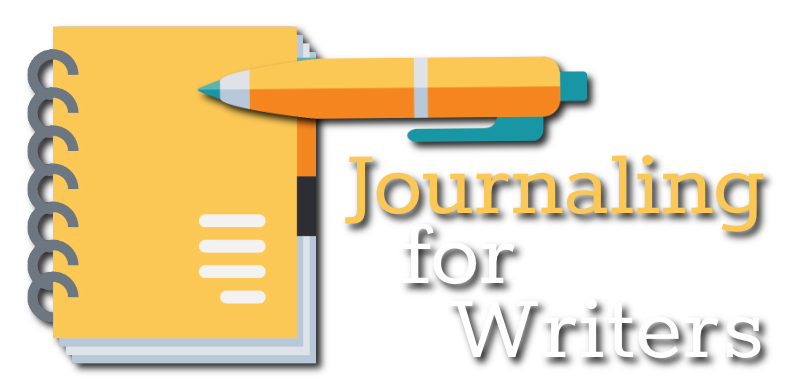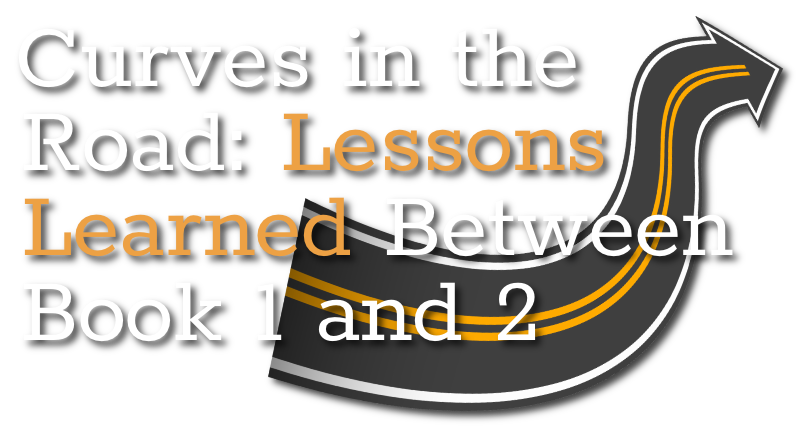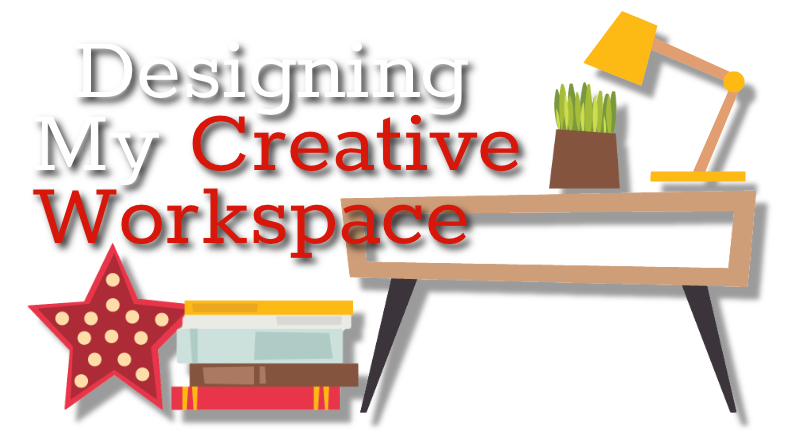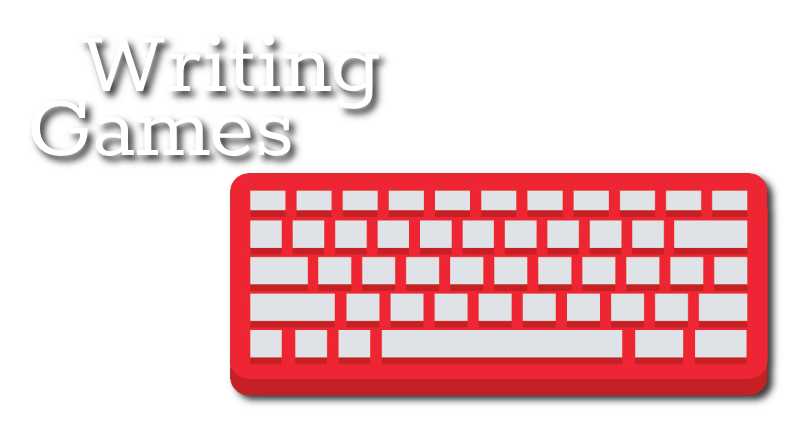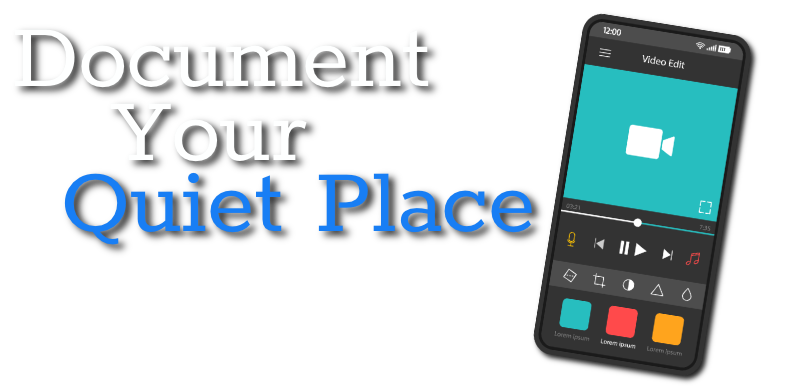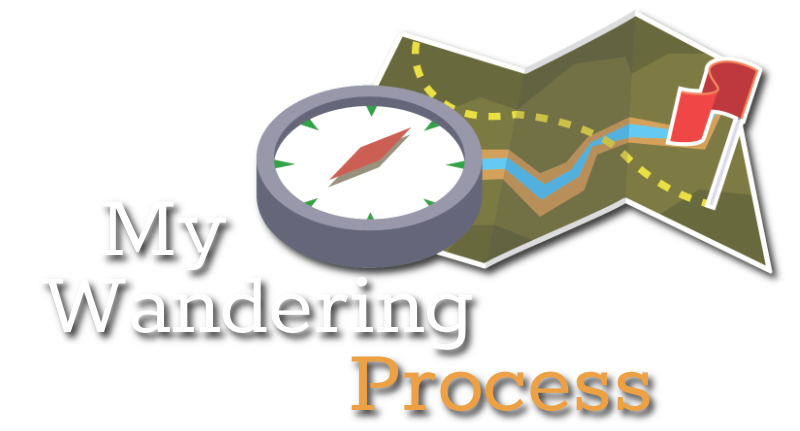BACK TO READING AND WRITING
Beginning in my late teens and continuing through my mid-20s, I journaled almost every day. And then one day, I just stopped.
The reason for this is somewhat convoluted. Suffice to say that my 20s were a difficult decade for me and I use my journal in the same way one might use a psychotherapist: as a mute and nonjudgmental witness to the various things that vexed me. When I finally emerged from this long and depressing chapter in my life, I saw my stack of journals as been a tangible record of my weaknesses, my foibles, my lack of wisdom. So not only did I stop writing in them, I destroyed them all.
Looking back, I truly regret this. Of course I was weak, stupid and vulnerable in my youth, because I think everybody is weak, stupid and vulnerable in their youth. But at the time, I didn't understand that I was chronicling more than just my moments of weakness, I was documenting how I overcame them and grew as a human being.
As a young adult author, journals written by my young adult self might’ve new storylines, helped me craft more authentic characters, or just remember a bunch of little details that invariably fade with time.
Well, too late now.
Recently however, I started journaling again because I can still capture my current moods, experiences, opinions and thoughts which, ten years from now, may prove a valuable source of writing material. If you’ve thought about journaling too, here are my thoughts on how to get started:
Beginning in my late teens and continuing through my mid-20s, I journaled almost every day. And then one day, I just stopped.
The reason for this is somewhat convoluted. Suffice to say that my 20s were a difficult decade for me and I use my journal in the same way one might use a psychotherapist: as a mute and nonjudgmental witness to the various things that vexed me. When I finally emerged from this long and depressing chapter in my life, I saw my stack of journals as been a tangible record of my weaknesses, my foibles, my lack of wisdom. So not only did I stop writing in them, I destroyed them all.
Looking back, I truly regret this. Of course I was weak, stupid and vulnerable in my youth, because I think everybody is weak, stupid and vulnerable in their youth. But at the time, I didn't understand that I was chronicling more than just my moments of weakness, I was documenting how I overcame them and grew as a human being.
As a young adult author, journals written by my young adult self might’ve new storylines, helped me craft more authentic characters, or just remember a bunch of little details that invariably fade with time.
Well, too late now.
Recently however, I started journaling again because I can still capture my current moods, experiences, opinions and thoughts which, ten years from now, may prove a valuable source of writing material. If you’ve thought about journaling too, here are my thoughts on how to get started:
- Don’t hold back. A writer's journal is not intended to be a public document, that’s what blogs are for. A journal is a no-holds-barred, gloves off, uncensored, non-curated stream of consciousness. Write about whatever you want, whenever you want.
- A writer’s journal doesn’t need to be about big lofty themes. The minutia of everyday life can actually become the source material for some very good writing. Capture conversations you’ve overheard or had with a stranger. Describe in detail the interesting character you saw walking down the street. Reflect on an article, a book, or a short story. Record a fortune cookie fortune. It's these little things that make life — and books — more interesting.
- A writer's journal can include more than words. I think some of the coolest journals I’ve seen are actually closer to scrapbooks, with photographs, doodles, diagrams and a variety of other found materials pasted in to make the thoughts and feelings more robust.
- A writer's journal does not have to be a series of complete or even coherent thoughts. Jot down your moods, capture some new words you just learned, use bullet points if full sentences are not appropriate.
- Use your journal to experiment with new ways of writing. For example, write an entire journal entry in second person or from the point of you of a stranger. Describe your day in a poem rather than prose. Draw it out as a cartoon.
- Ignore all these tips and make up your own.
- Enjoy yourself.

